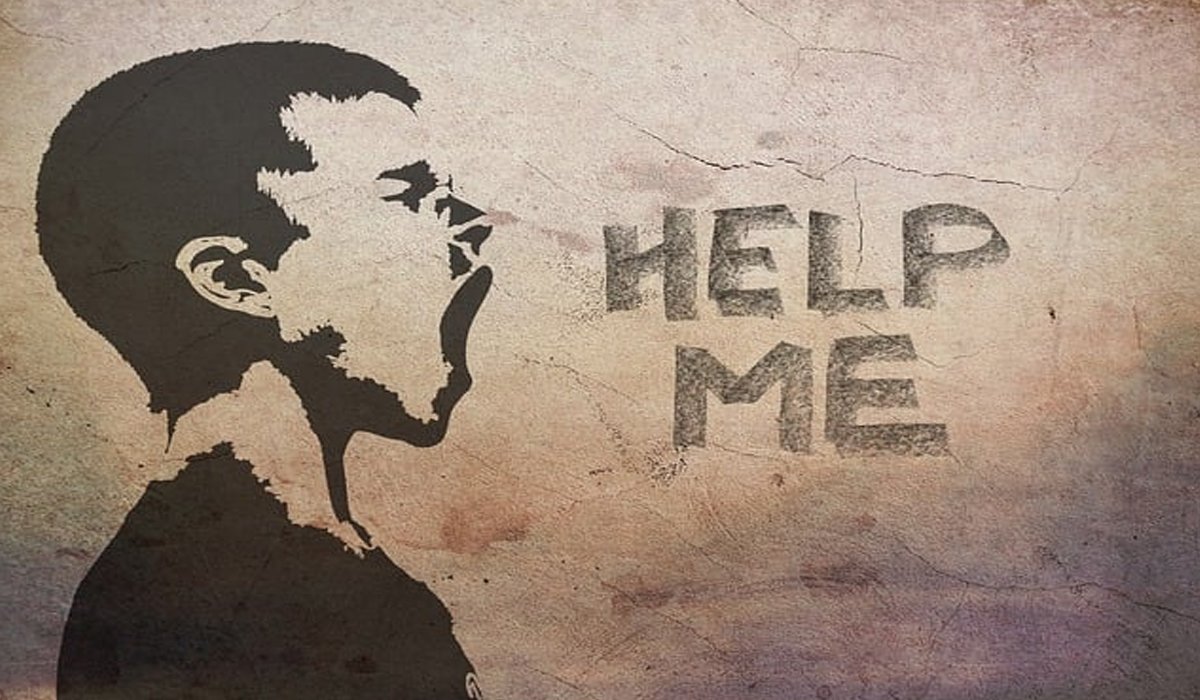Suicidal thoughts can feel overwhelming, isolating, and frightening. They often creep in slowly, disguised as hopelessness, persistent sadness, or the feeling that nothing will ever get better. Recognising when these thoughts require professional support is not always easy, especially when shame or fear of judgement gets in the way. But seeking help is a sign of strength, not weakness. It’s the first and most important step toward healing.
This guide explores how to identify when it’s time to reach out, what kinds of support are available, and how suicide prevention support can offer a path forward.
Understanding Suicidal Thoughts
Suicidal thoughts exist on a spectrum. They may start as fleeting ideas, such as wishing you could escape or no longer exist, and develop into more persistent thoughts or detailed plans. These feelings don’t make you broken or weak—they are a signal that something in your life needs attention, care, and support.
For many people, these thoughts stem from ongoing stress, trauma, mental illness, substance use, or feeling disconnected from family, community, or purpose. They can also appear during times of grief, financial strain, or after a significant life event. The reasons are varied and deeply personal, which is why early intervention matters.
When to Reach Out for Help
You don’t need to wait until a crisis hits to speak to someone. Reaching out early can prevent things from escalating and help you feel supported long before thoughts become overwhelming.
Consider speaking to a professional if:
- You think about death or dying more than occasionally
- You feel emotionally numb, disconnected, or trapped
- You have trouble sleeping, eating, or getting out of bed
- You find yourself withdrawing from loved ones or responsibilities
- You feel like a burden or believe people would be better off without you
These signs suggest that your emotional wellbeing needs attention. Speaking to a GP, counsellor, or mental health worker can help clarify what you’re going through and what options are available.
If you have specific thoughts or plans about ending your life, it’s important to treat this as an emergency. Contact crisis support immediately, whether through emergency services or a dedicated mental health hotline.
What Professional Support Can Look Like
There is no one-size-fits-all approach to suicide prevention support. What works for one person might not be right for another. Professional support can include:
- Talking to a GP: This is often the first step. Your GP can listen, provide guidance, and refer you to a mental health professional if needed.
- Therapy or Counselling: Speaking regularly with a psychologist, counsellor, or social worker gives you a safe space to unpack what you’re feeling and why.
- Peer Support Services: Some programs are run by people with lived experience of suicidal thoughts or mental illness. Their insights can offer comfort, connection, and hope.
- Community Mental Health Programs: These may include group therapy, cultural healing programs, or holistic care, depending on what is available in your area.
Early access to professional support is a protective factor that can reduce the risk of suicide. It also equips you with tools to manage distress, navigate challenges, and rebuild confidence over time.
The Importance of Culturally Safe Care
For Aboriginal and Torres Strait Islander communities, the impact of intergenerational trauma, racism, and disconnection from culture can contribute to distress in ways that aren’t always understood in mainstream services. That’s why culturally safe, community-led services are essential.
Programs led by Aboriginal health workers and supported by community organisations can offer care that respects identity, country, and connection. Accessing suicide prevention support through these channels can make a significant difference to how safe, heard, and supported someone feels.
Supporting Someone Else
If you’re worried about someone else, don’t wait. Let them know you care and that you’re available to talk, without pressure. It’s okay not to have all the answers. You don’t need to fix their problems—just being present, listening, and encouraging them to seek help is powerful.
You might say:
- “I’ve noticed you’ve been really quiet lately. Do you want to talk about how you’re feeling?”
- “You’re not alone, and I’m here for you. Can I help you find someone to talk to?”
- “Would you like me to come with you to your first appointment or call a service with you?”
Sometimes, people won’t feel ready to talk—and that’s okay. Keep the door open. Remind them they matter and that support is always available.
Finding Hope and Help
Seeking professional help does not necessarily mean you’ll feel better overnight. Healing takes time, and recovery isn’t linear. But with the right support, things can and do improve.
Accessing suicide prevention support through culturally safe, professional services can give you space to heal, reconnect, and rediscover your strength. You are not alone. Help is available, and your life matters.











